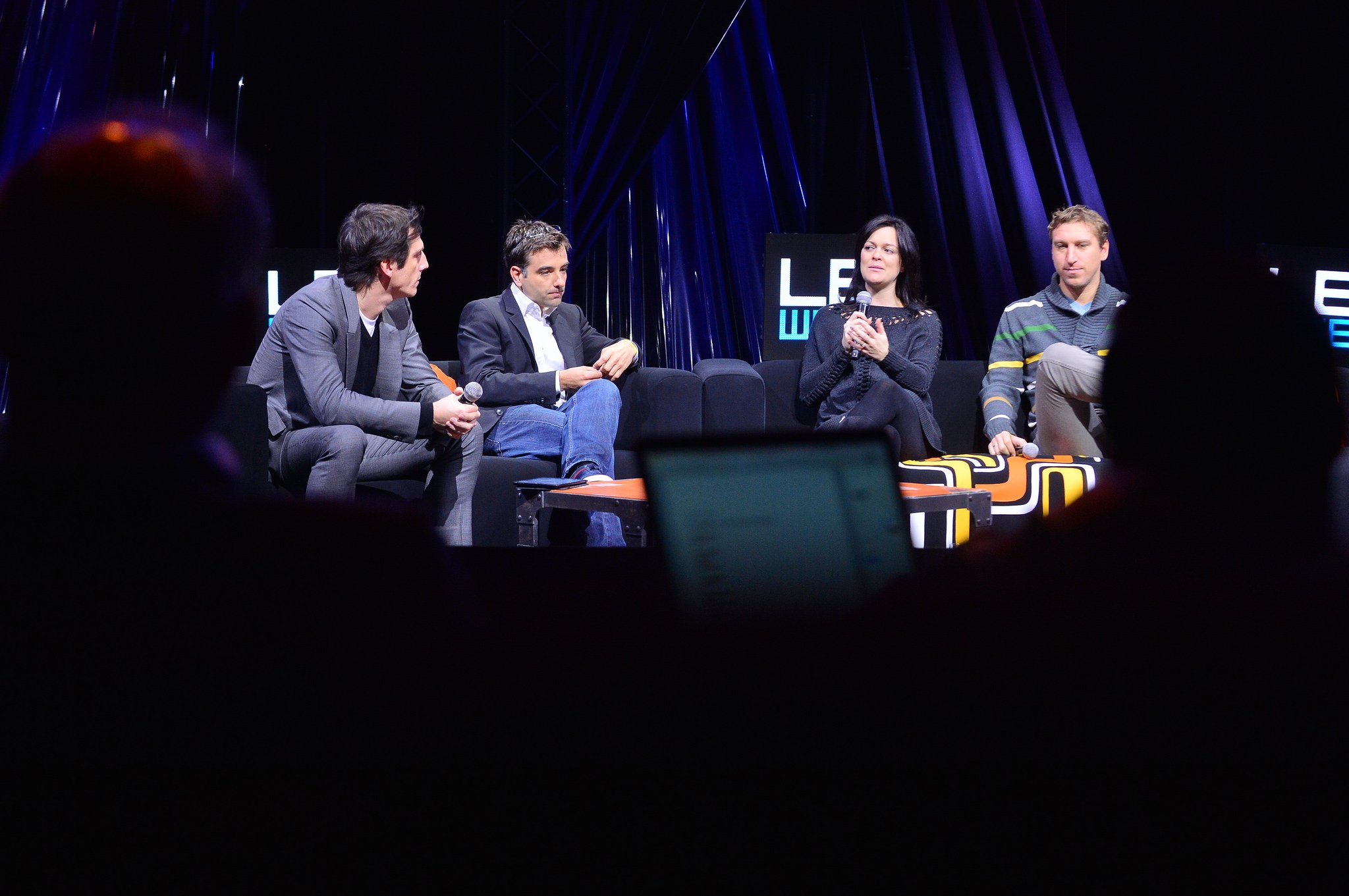At tech.eu we’re big believers in the European startup ecosystem(s) and in the fact that you can build great technology companies from anywhere, from major hubs such as London and Berlin to lesser known ecosystems like Serbia or Belarus.
A few weeks ago at the LeWeb conference in Paris, five entrepreneurs from very different backgrounds and origins shared the stage with Facebook's Julien Codorniou to talk about their journey, the challenges they’ve faced while building and scaling their companies, and why being present in the United States is not necessarily a requirement for success.
Start small, grow fast, go global
Nordeus (Serbia), Lightricks (Israel) and Apalon (Belarus) were all born in countries with a population of less than 10 million people. However, that hasn’t stopped these companies and its founders from being ambitious and truly global.
Branko Milutonovic, co-founder and CEO of Nordeus, says that while five years ago there were multiple challenges and issues in Europe and Serbia, the landscape has changed significantly and building and scaling startups out of small cities and ecosystems is possible.
“Five years ago it was really tough to get support from family, friends and many other entities. This has really changed because there’ve been success stories and thus there’s more traction in the market”, Branko posited. “There was barely any money to invest back then, but thanks to initiatives from the European Investment Fund and successful entrepreneurs, the situation has improved dramatically.
"At the time there were pros and cons related to starting in Serbia, but right now I’d definitely do it from there,” Milutonovic added.
Mobile app development company Apalon shares many traits with Nordeus: from being bootstrapped to having developed many popular apps (My Alarm Clock, Notepad+ or Weather Live) to its origins in a small European country - in this case, Belarus.
“Looking back, I think starting in Belarus was the right decision mostly because of the engineering talent available here”, Peter Skoromnyi explained during the panel. “There are more than 20,000 IT professionals working for big and small corporations, so it was easy to attract talent”. Apalon recently got acquired by US-based and IAC-owned Mindspark Interactive Network.
Israel is not new to this trend, as the country has seen multiple companies start in the country with a global focus from day one. Itai Tsiddon, co-founder of bootstrapped and mobile software startup Lightricks, says that innovation in the country has been driven by market opportunities and constraints, as well as the impact of the military. In Itai’s opinion, what’s really changed lately in Israel is the ambition of founders. “Before people built companies to sell them at the early stage, but now we’re seeing companies being built to last, to still be operating 5 to 10 years from now”, he says.
Lightricks could be one of them. The company was founded only 18 months ago but it already has 20+ employees and has developed hits such as Facetune, which became the number one paid app in over 100 countries few weeks after its launch and to date has generated more than $6 million.
The role of the US in the development of European (aka global) companies
It’s often assumed that for companies to be truly global they have to launch or be present in the US at some point. However, co-founder and COO of Blablacar Nicolas Brusson disagrees with this notion.
“A lot of people think that Uber and Lyft are our competitors in the US, but we don’t really have competitors over there”, Nicolas says. “At the beginning this was a challenge, because when we were raising our Series A/B rounds many VCs used the US as a proxy to try to guess if we could be successful in the long term. They saw there was no competition there and many didn’t see a future for us. But they were wrong and we’ve been able to grow as a truly European company.”
To Nicolas, this represents a “big change” compared to previous times where the US dominated the technology world. “We followed our instincts and we’ve raised a $100 million while having no intentions to launch in the US anytime soon.”
Alex Depledge, co-founder and CEO of Hassle, shares Nicolas thoughts as she considers Europe a tough market compared to the US given the variety in cultures, languages, currencies, etc. But a market that “ forces you to be better in order to succeed”. The startup faces competition from US companies Homejoy or Handy, but Alex says there are two ways to grow and to operate as a company.
“People look at Uber and think that’s the only way to grow, but I think they are an outlier”, she suggests. “If you believe this market is a winner-takes-all one, you need to raise a ton of money and grow very quickly. But we actually believe it’s all about depth, building relationships and trust, and in order to do that you need to go deep in your markets, and that’s what we’re actually doing at Hassle.”
Branko elaborated on the relationship between the US and Europe, claiming that “Europeans understand diversity much better than the rest. And when you mix that with the engineering talent available here and the sexiness of the continent (its creativity, design, architecture or gastronomy), you have a winning formula”.
A formula that, despite differences in their approach to fundraising and growing their respective businesses, has worked for these and many other European entrepreneurs.
Featured image credit: LeWeb / Flickr



Would you like to write the first comment?
Login to post comments